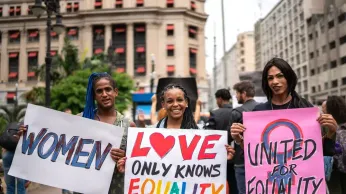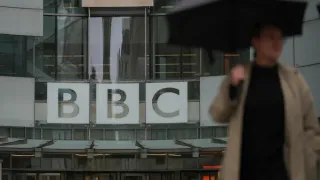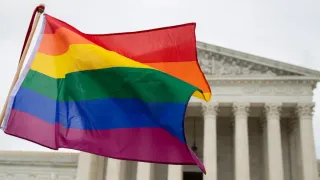
Sep 16
Advocates Call on U.S. State Department to Restore Queer-Specific Information in Human Rights Reports
READ TIME: 2 MIN.
The U.S. State Department’s annual human rights reports have long served as a critical benchmark for assessing civil liberties and social justice around the world. These documents, distributed globally and referenced by diplomats, advocacy groups, and policymakers, include detailed analyses of abuses and progress across various populations—historically including explicit sections on the status of LGBTQ rights in each country. However, recent years have seen a marked shift: advocacy groups and former officials report that LGBTQ-specific information has been significantly scaled back, raising alarm about transparency and the ability to hold governments accountable for anti-LGBTQ discrimination and violence .
On September 15, 2025, prominent LGBTQ organizations issued a formal appeal to Secretary of State Antony Blinken, calling for the restoration of comprehensive LGBTQ-specific sections in all future human rights reports. The coalition argues that without dedicated coverage, the unique experiences and abuses faced by lesbian, gay, bisexual, transgender, and queer people are rendered invisible, limiting the effectiveness of advocacy and international pressure .
The rollback of LGBTQ-specific information has also prompted criticism from members of Congress, particularly those serving on foreign affairs and human rights committees. Representative Mark Takano commented, “The U.S. must lead by example—transparency and accountability should be the standard, not the exception. Our reports must reflect the reality on the ground for all marginalized communities” .
In response to mounting pressure, a spokesperson for the State Department stated that the agency is “reviewing feedback from stakeholders and considering adjustments to future human rights reporting practices.” While no formal commitment has been made, advocacy groups remain vigilant, urging continued public engagement and congressional oversight .
Grassroots organizations have launched awareness campaigns on social media, using hashtags like #RestoreLGBTQReports and sharing testimonials from affected communities to highlight the urgent need for inclusive documentation .
Activists and researchers stress that inclusive language and explicit acknowledgment of diverse queer identities are vital for accurate representation and effective policy interventions. Reports that use affirming terminology—such as “transgender people,” “non-binary individuals,” and “queer communities”—provide clarity and help dismantle stigma.






